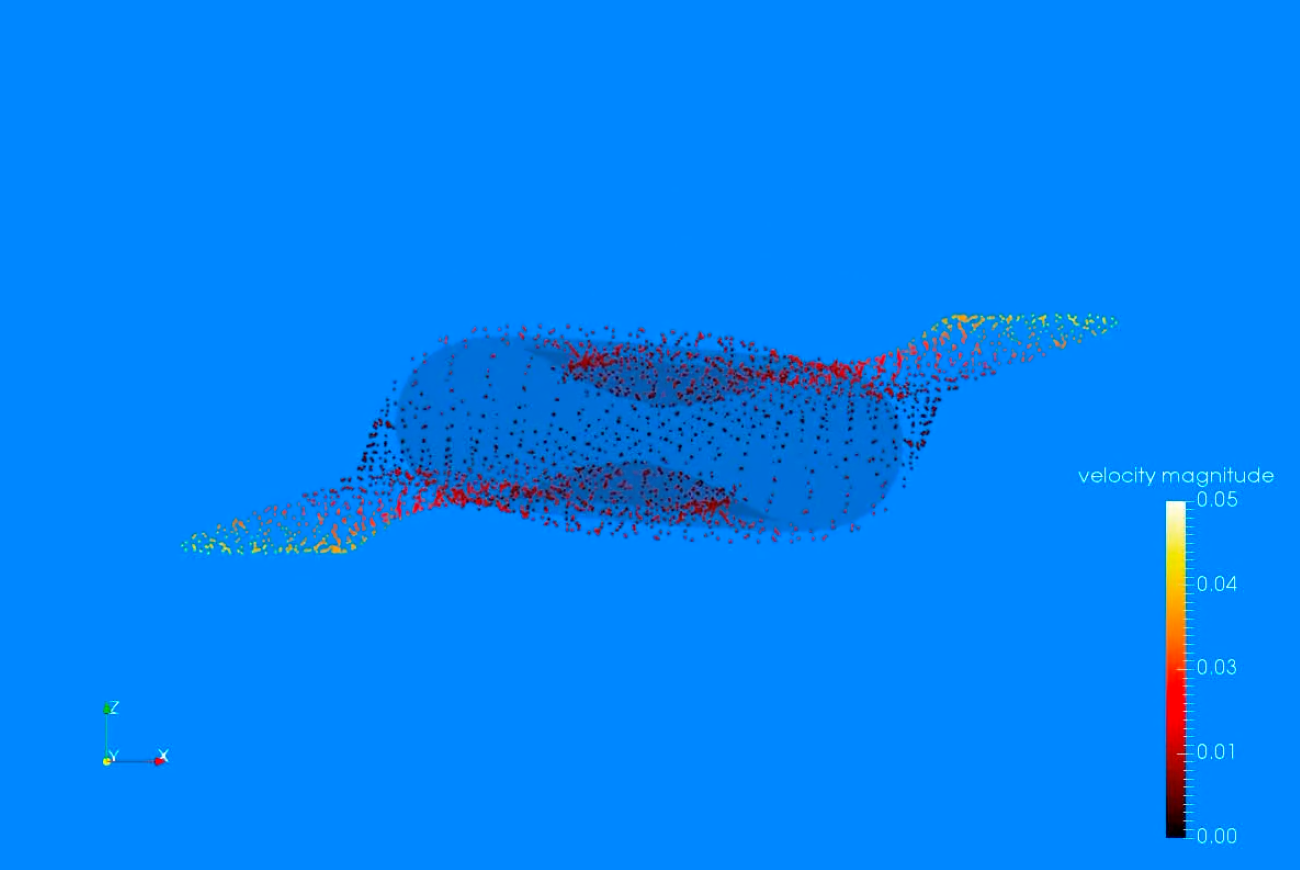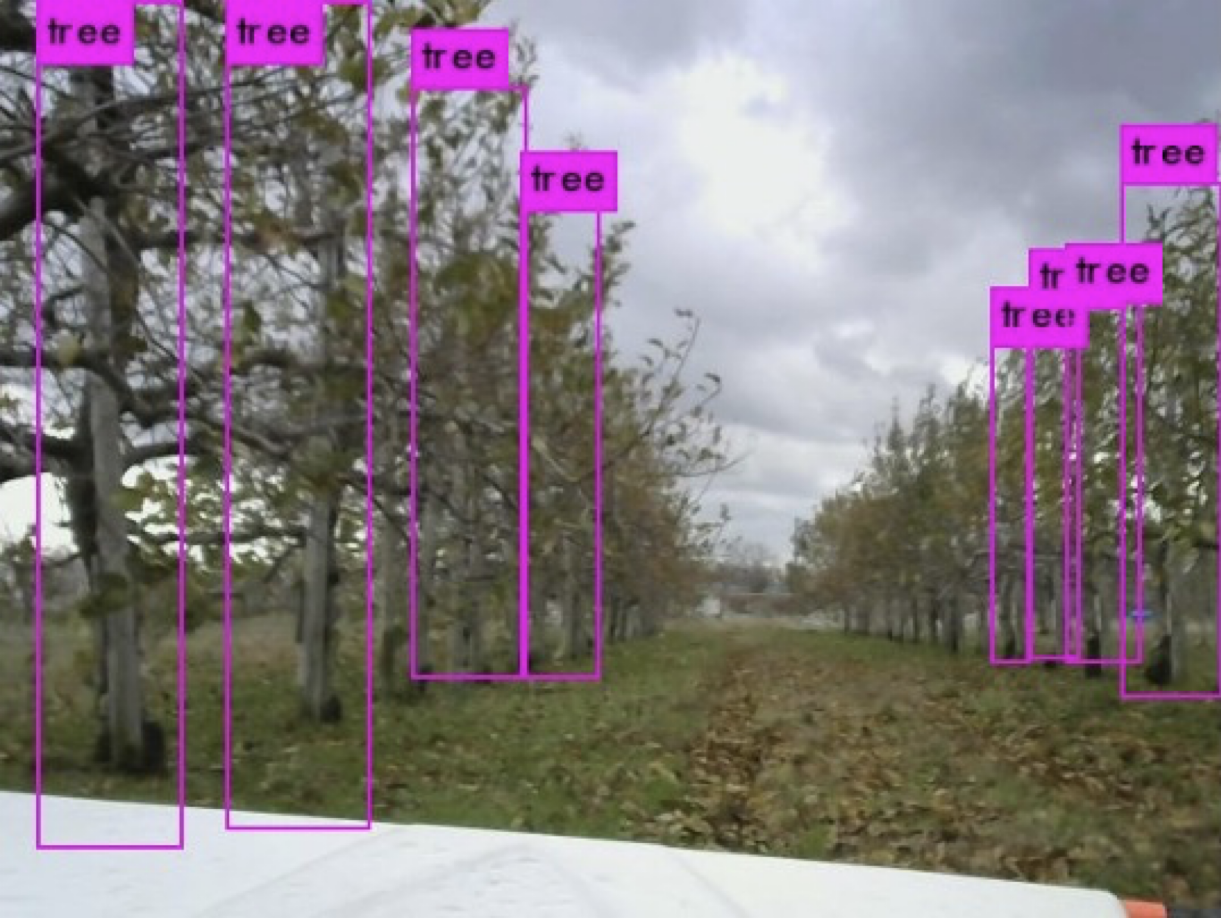| 2023.01.10 | beta version of webpage released |
In order to move closer to a human-friendly society, we conduct research using a wide range of simulations in the fields of bioengineering and agricultural engineering. For example, we use physical simulations of cells to understand the mechanical factors of disease, aiming to expand our knowledge by visualizing invisible phenomena. We also aim to reduce labor by analyzing and simulating data acquired on farms to support the agricultural sector, where the population is aging.
simulation, biomechanics, computational fluid dynamics, digital twins
We visualize cell behavior that cannot be computed experimentally using numerical simulations. Focusing on cells in blood, we use computational methods of computational fluid dynamics to solve the behavior of cells. The aim is to elucidate the biological and physical mechanisms in healthy and abnormal conditions, and to help in the development of future therapies.

We predict human behavior and internal states from limited information using deep learning and other computational methods. The objective of this project is to develop an index for objectively classifying human behavior and internal states, and to improve social functions.

Using various computational methods such as simulation, visualization techniques, and deep learning, we develop a digital twin of virtual space connected to the real world to support farmers. The aim is to reduce the burden of agricultural tasks and to facilitate adaptation to climate change.

Currently under preparation.
Our research achievements can be referenced through the link below.
Learn more
currentry recruiting
Dr.Hirokazu Madokoro, Iwate Prefectural University,
Faculty of Software and Information science
Dr.Satoshi Yamamoto, Akita Prefectural University,
Faculty of Bioresource Science